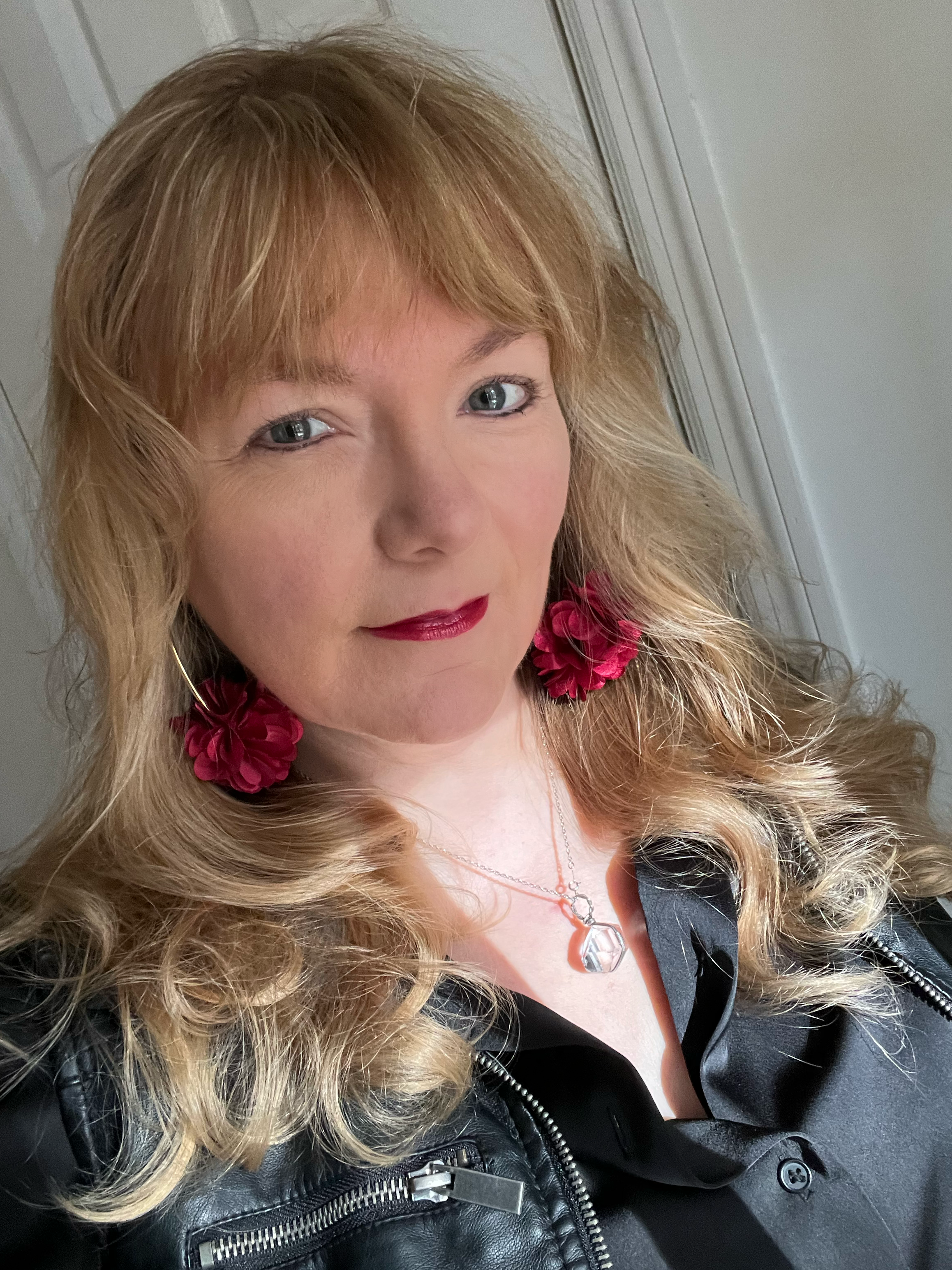ISSN: 1941-4137
POETRY THAT ENACTS THE ARTISTIC AND CREATIVE PURITY OF GLASS
POETRY THAT ENACTS THE ARTISTIC AND CREATIVE PURITY OF GLASS

Julie E. Bloemeke (she/her) is the author of Slide to Unlock (Sibling Rivalry Press, 2020) and co-editor of Let Me Say This: A Dolly Parton Poetry Anthology (Madville Publishing, 2023). A two-time recipient of Books All Georgians Should Read, she is also the 2021 Georgia Author of the Year Finalist. Winner of the 2022 Third Coast Poetry Prize, her poems have been featured on NPR, The Slowdown, and Verse Daily, and her work has appeared in numerous anthologies and publications including Writer's Chronicle, Prairie Schooner, Nimrod, Cortland Review, Gulf Coast, and others. An associate editor for South Carolina Review and a Virginia Center for the Creative Arts fellow, she is also a contract-based writer, editor, teacher, and consultant. In 2023, a broadside of her poem, "Glass City," was commissioned by the Hiltons at Toledo Downtown to be on permanent view as part of the hotel's commitment to arts and industry collaboration. An advocate for Downtown Toledo revitalization efforts, she also directs the annual #5poets5parks initiative with Metroparks Toledo. Today, March 12, is the fifth anniversary of Slide to Unlock's publication date.
Also by Julie E. Bloemeke:
Slide to Unlock
Let Me Say This: A Dolly Parton Poetry Anthology
Fight Between a Tiger and a Buffalo, 1908
March 12, 2025
Three Self-Portraits in Succulent
— after the exhibition “Frida Kahlo and Diego Rivera,”
Heard Museum, 2017
I
I want the break,
split fruit, your beckon
of black seed, teeming
row after row.
You paint kiwis
and avocados,
uterine and sealed.
Today I am not
whole, but worse:
lust walking through
your exhibition,
distracted by my neck,
stained with indents
of his teeth. Gentle
still, but lingering.
Diego stares down
from your forehead.
You hold a cigarette,
white and burning,
a gesture that leaves
your fingers longing,
returning me
to my lover’s hands
fully furious in desire.
II
Tonight he will taste
me back and I will
think only of what
I missed in you:
papaya, persimmon,
pitaya and water
melons, rambutans —
a sapote? — mango
and orange, cantaloupe
and prickly pear
all the chosen
fruits you painted
unopened. Your message
to me unread, my body
too distracted
by the obvious juice
of their sliced still
life companions.
III
Forgive me for missing
even deeper: your face,
how you all but disappear
from canvas during
this period, how even
the sharpest knife delays
the halving, as if to say,
I leave you with this
rendered meal
you can never eat,
starved for seed, pit
hungry, ever halted,
ever vanished, bruised
in your split from skin.
Note: between 1951 and 1954 Kahlo’s own image virtually disappears from her canvases.
I first learned about Frida Kahlo as a teenager; at the time there was only a single book about her at my local library. Over the years, I've sought out exhibitions of her work in various cities, but this viewing in Phoenix, 2017 struck me especially — it offered an invitation into the contradictions of what desire invites us to see, how it consumes us, and what it obscures us from. I gravitated toward the conversations between fruit — succulents — in various paintings, and this particular juxtaposition of work was anything but still. I could not help but be drawn in by how the sapotes and melons, pitayas and kiwi, were violent, lush, sealed, fertile, carnal, displayed, cautious. In this, they also seemed to reveal a certain presentiment of human absence, roaring in through a lens that could then only be via lust, touch, teeming, devouring, and yet, with an admission of our limits and loss too. I am so grateful this poem found me.
Glass: A Journal of Poetry is published weekly by Glass Poetry Press.
All contents © the author.
All contents © the author.





